The oppressed, instead of striving for liberation, tend themselves to become oppressors
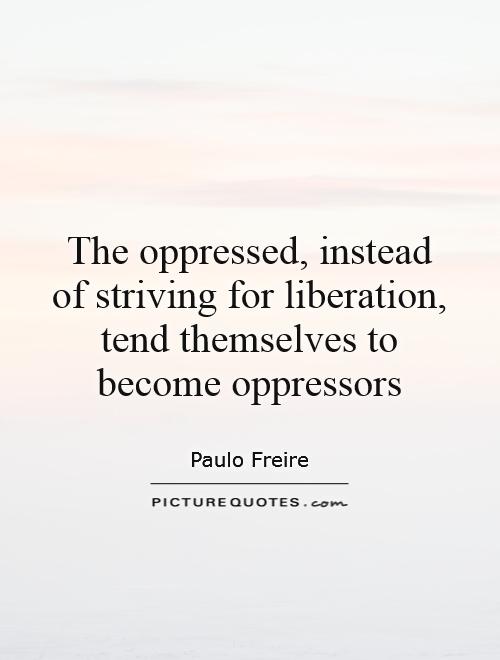
The oppressed, instead of striving for liberation, tend themselves to become oppressors
In his seminal work "Pedagogy of the Oppressed," Brazilian educator and philosopher Paulo Freire explores the dynamics of power and oppression in the context of education. One of the key concepts he discusses is the idea that the oppressed, instead of striving for liberation, can themselves become oppressors. This phenomenon, known as the "oppressor within," is a complex and troubling aspect of the struggle for social justice.Freire argues that oppression is not simply a matter of one group dominating another, but rather a system of relationships in which both the oppressor and the oppressed are dehumanized. The oppressed, in their struggle for liberation, may internalize the values and behaviors of their oppressors, perpetuating the cycle of oppression. This can manifest in a variety of ways, from individuals within marginalized communities adopting the attitudes and behaviors of their oppressors, to entire movements for social change becoming corrupted by power and privilege.
One of the key reasons why the oppressed may become oppressors is the internalization of the dominant ideology. Freire argues that the oppressed are often conditioned to see themselves as inferior and unworthy, internalizing the values and beliefs of the dominant culture. As a result, when they are given the opportunity to gain power and privilege, they may replicate the same oppressive behaviors that were once inflicted upon them. This can lead to a situation where the oppressed, in their quest for liberation, end up perpetuating the very systems of oppression they sought to dismantle.
Freire also highlights the role of fear and insecurity in the process of becoming oppressors. The oppressed may fear losing the little power and privilege they have gained, leading them to adopt oppressive tactics in order to maintain their position. This fear can also manifest as a desire for revenge against their former oppressors, leading to a cycle of violence and retribution.
Overall, Freire's analysis of the "oppressor within" serves as a powerful reminder of the complexities of power and oppression. It challenges us to critically examine our own roles and responsibilities in systems of oppression, and to strive for genuine liberation that is rooted in justice, equality, and solidarity.
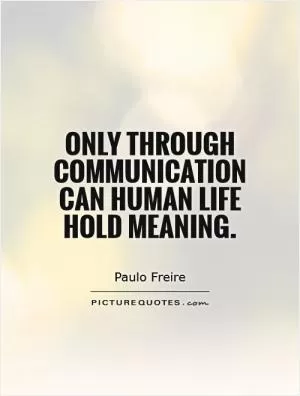
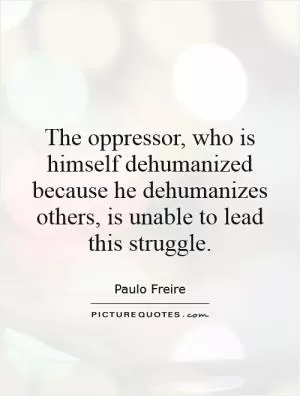


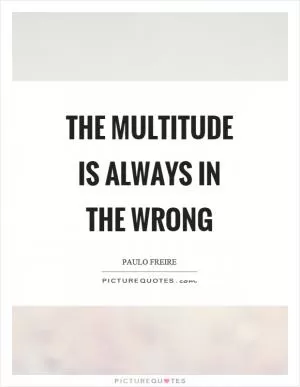

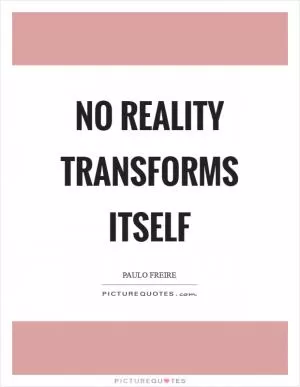



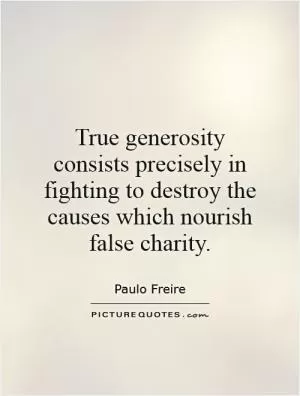
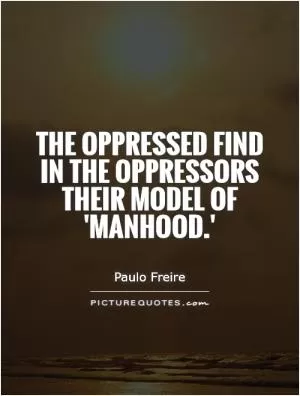
 Friendship Quotes
Friendship Quotes Love Quotes
Love Quotes Life Quotes
Life Quotes Funny Quotes
Funny Quotes Motivational Quotes
Motivational Quotes Inspirational Quotes
Inspirational Quotes